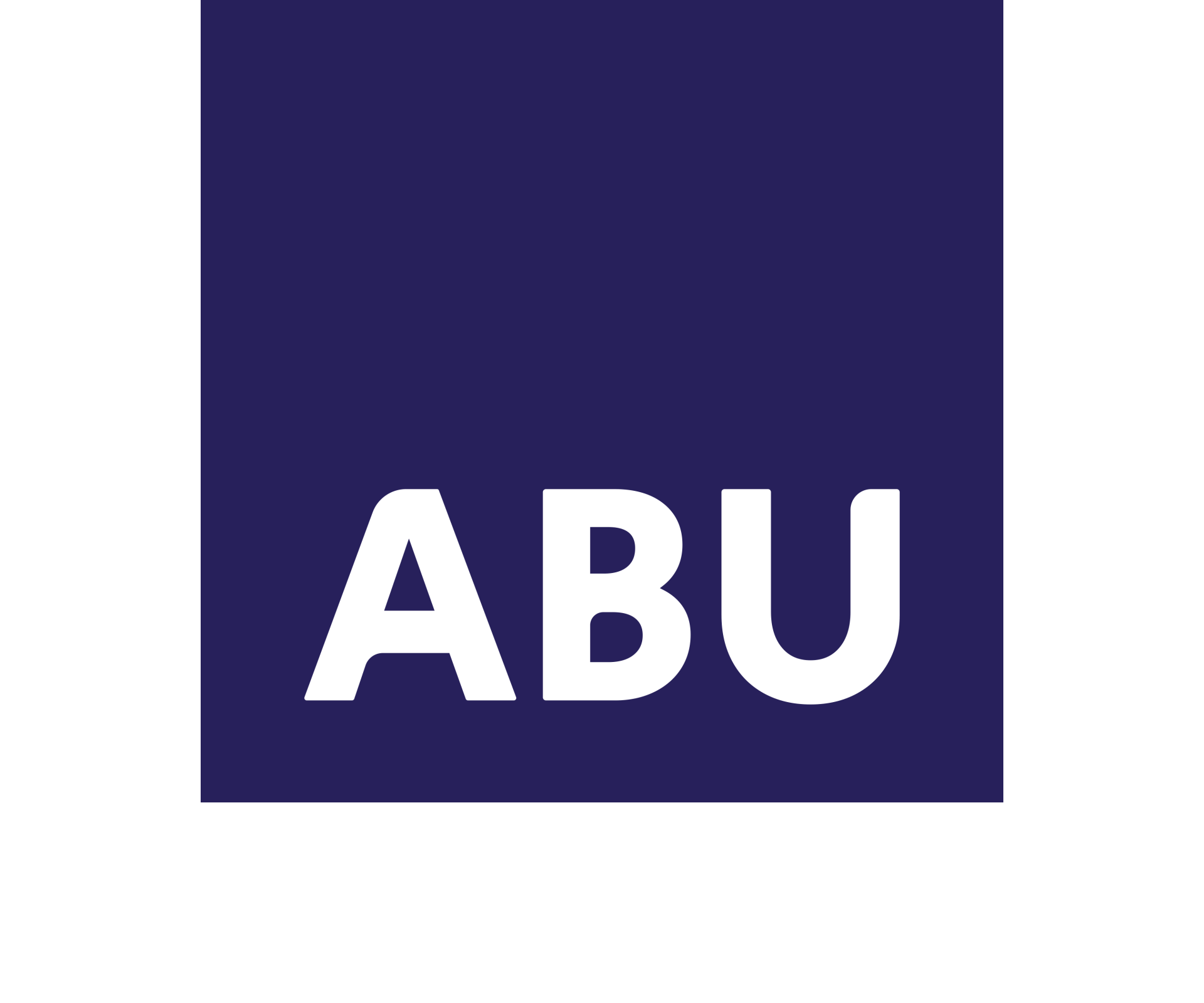How Can You Embrace Flexibility and Agility during a Global Pandemic?

Nov 29, 2020
We take a look at the ways life sciences organisations can build a future-ready talent strategy.
2020 was the year the world stopped. But as millions of people around the world faced lockdowns, restrictions, and furloughs, the life sciences industry didn’t have time to catch its breath. Life sciences organisations around the world stepped up to the Covid-19 frontline, quickly pivoting their resources towards vaccine research, equipment production, and potential treatments. This came with a number of big talent challenges, from ensuring people could engage with work safely to finding extra support as demand increased in key areas. And the pandemic isn’t over. As the life sciences community continues to face one of the biggest challenges in its history, how can leaders ensure their workforce is ready for what’s next?
We believe that flexibility and agility are at the heart of every successful life sciences talent strategy. We take a look at some of the ways you can embed flexibility and agility in your approach, below.
Sustainability vs. Sustain-agility
The ability to adapt to change has never been more important. You need to empower your workforce to collaborate, upskill, explore new ideas, and respond to change quickly and effectively. By demonstrating resiliency and positive change in every part of your organisation, you can ensure that you (and your people) are ready for anything.
Connection & Collaboration
Open innovation and information sharing can help life sciences organisations to gain new perspectives on complex problems. From a talent perspective, being open to the wealth of talent contained in the human cloud and supporting people who have collected a variety of working experiences can help to build flexible new ways of thinking and working.
Being Human
As we rely more and more on technology, it’s easy to forget that people are at the heart of the life sciences. By personalising work experiences, re-skilling staff, and developing value-driven workforce management, you can create stronger people-focused processes that help your organisation to react quickly to new challenges.
Want to find out more about flexibility and agility in talent management?Our spotlight series focuses on the biggest issues impacting life sciences today. Take a look at our spotlight, Embracing Agility and Flexibility in an Uncertain World, to get started!







